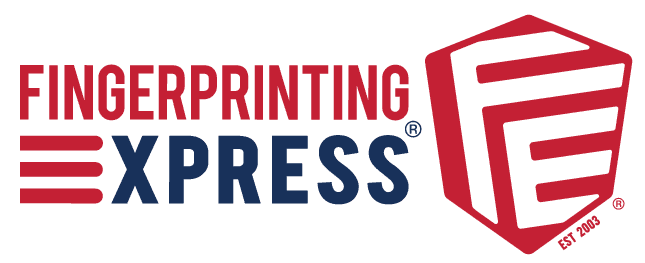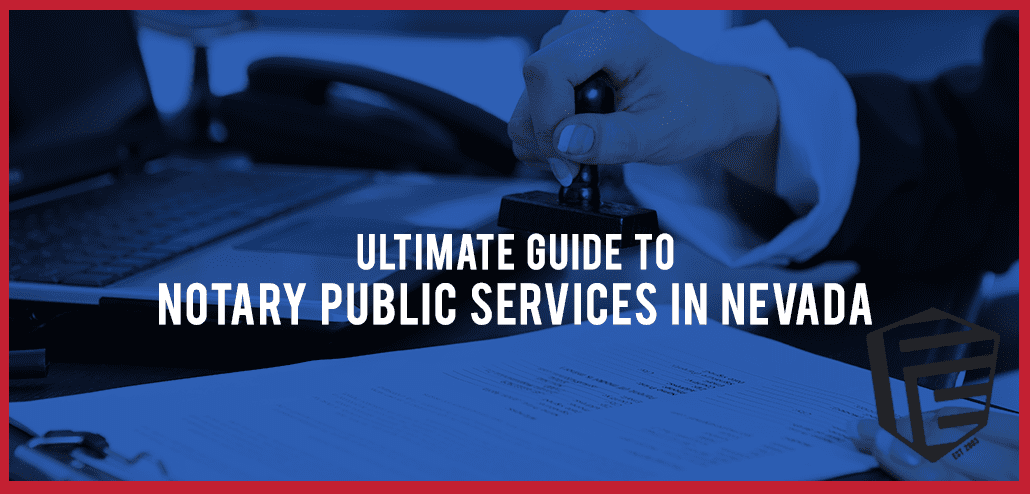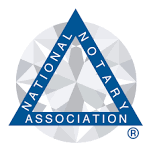Every day, innumerable transactions take place across the country that require a Notary Public. Because these transactions often occur between strangers, many of our society’s most important documents are notarized to add a level of trust and legal backing to the process.
A Notary Public, who must be appointed by the state in which they reside, are entrusted with the important responsibility of verifying the signor, witnessing a signature on an important document and are expected to follow certain ethical and professional standards. Unfortunately, mistakes and even falsifications do occur, leading to headaches and legal woes for the consumers who depended on them. For example, in Nevada, Notary scams are especially problematic for the immigrant community.
In this post, we will look at what notarization is, why it is important, and what you need to know before choosing Notary public services in Nevada.
What Is Notarization and Why Is It Important?
Whether it is a mortgage signing, a vehicle title transfer, a will, Power of Attorney, or other important documents, we depend on notarization to ensure that certain agreements are legally sound. This official certifying process gives all participants assurance that the terms of the documentation are authentic, genuine, and mutually agreed upon.
During the notarization process, all parties involved come before an independent Notary Public to have their identity confirmed, to acknowledge the terms of the document(s), and to confirm that they voluntarily agree to the terms within the document. Once this happens, a Notary will complete the process by adding his/her seal and signature. This completes the notarization, and the document is considered fully executed and genuine in a court of law.
There are three types of notarial acts:
Acknowledgments: These are documents typically dealing with conveying or controlling the ownership of assets. These documents generally include trusts and wills, powers of attorney, DMV documents and property deeds. In Nevada, we also notarize the Delivery Outside of California document that will save the buyer from paying California taxes on the sale of a vehicle as long as it is delivered in a different state.
Copy Certifications: A Certified Copy is done to ensure that copies of documents are an exact and true copy of the original. This can include documents like passports, college degrees, and other documents that aren’t copy certified by a county recorder’s office (e.g. Bureau of vital statistics). It is unlawful for a Nevada Notary to make a Certified Copy of a Birth Certificate, Death Certificate, Marriage Certificate and Divorce Decree. These documents must be retrieved from the county which they were originally recorded. However, Notary may notarize documents requesting the copy from the county. This is common to be executed for the power company to prove a person’s identity to open an account they must have two identity documents certified copy.
Jurats: A Jurat is usually done with evidentiary documents related to our criminal or civil justice system. Depositions and affidavits are examples of a Jurat. Any time a person has to swear the statements in the document are true they would need a Jurat. This process requires that the signer appears in person at the time of the notarization, signs the document, and recites an affirmation or oath stating that the statements within the document are true. If the person taking the oath fails to be truthful, he or she can be subject to prosecution for perjury.
What You Need to Know Before Bringing in Your Documents
To ensure that the notarization process goes smoothly, here are some things to be aware of before you arrive:
- Know whether or not you need a witness. (Call your notary ahead of time if you aren’t sure.)
- Bring a valid and unexpired government-issued photo ID which includes your name, birthdate, serial number, and issuing authority. Examples of acceptable documents include passports, state ID cards (with expiration date), a driver’s license, a commercial driver’s license, or military ID (including signatures).
- Don’t sign your documents ahead of time. Documents signed outside of the notary’s presence cannot be notarized.
- False or incomplete documents cannot be notarized.
What is the difference between a Notary Public and a Signing Agent?
A Notary Public Signing Agent has special training and certifications on documents pertaining to Real Estate transactions. If you have ever purchased Real Estate, you know there is a large set of documents that must be properly executed for the transaction to be properly filed through escrow. Make sure that if there are initials at the bottom of every page that you initial even the pages that include your full signature. It is also important to sign your name as it is written on the Real Estate documents. As an example, if I sign my first initial with my last name but my full first, middle and last name are on the documents then I must sign the documents with my first, middle and last name. Make sure to present any directions from the escrow title company to the Signing Agent.
What Types of Documents Require Notarization?
There are several documents that require notarization, including:
- Affidavits
- Acknowledgments
- Advance healthcare directives
- Adoption papers
- Business documents
- Custody agreements
- Certified copies
- Construction documents/permits
- Certifications
- DMV documents
- Employment waivers
- Gaming applications
- Jurats
- Letters of instruction
- Loan document signings
- Medical documents / directives
- Mining claims
- Minor passport applications
- Mortgage signing
- Nursing home and hospital forms
- Petition to establish custody & visitation
- Request for birth certificate
- Resident witness
- Statements
- Stipulation for judgment
- Thrift savings/proof of life documents
- Travel affidavits
- Vehicle title transfers
- Verification forms
- Wills, trusts, and estate documents
In addition to the list above, there are other documents that a notary is authorized to complete. As an example, I-9 forms, which are issued by the U.S. Citizenship and Immigration Services to verify the identity of an employee and his/her eligibility for employment, can be completed by a Notary Public on behalf of the employer if they are designated as an “authorized representative.” It is always best to check with your Notary Public ahead of time if you have any questions regarding whether or not a document needs to be notarized. The Notary should not stamp the I9 form. This transaction is not a normal notarization for extra fees may apply.
What a Notary Cannot Do
To protect yourself, it is important to note the things a notary is not allowed to do, including:
- Performing acts related to the practice of law
- Selecting, drafting, preparing, or offering advice on arranging legal documents
- Overcharging for notarization services. State law limits how much a Notary Public may charge
- Notarizing a document without the signer present (although some states are beginning to allow virtual signings, Nevada has not allowed virtual signings at the time this post was written)
- Issuing ID cards
- Signing a notarial certificate in a name other than their own
- Certifying copies of documents that are recordable in public records
Be especially weary of any notary using “notario publico” or “notorio” in their advertising. A notary in the U.S. does not perform the same function as a “Notario Publico” (an attorney in a Spanish-speaking country) and cannot practice law, provide legal advice, or accept fees associated with legal advice unless they are licensed by the state to practice law.
What You Should Look for When Choosing a Notary Public in Nevada
While most Notary Public’s take their responsibilities very seriously, mistakes can happen, which can result in legal issues for all parties involved. Even worse, some practitioners abuse their powers to scam consumers or continue to provide services after their appointments have been suspended, revoked, or expelled.
To protect yourself, it is important to check the credentials of a Notary Public. At a minimum, your Notary should be certified by the state of Nevada and their Notary Certificate should be posted at their location or presented upon request. Also, look for Notaries that are members of the National Notary Association, as they have the added benefit of staying up on the latest laws, standards, and rules to minimize risk. You can check here to make sure your Notary is currently credentialed and see a list of Nevada’s suspended Notaries here.
It is also helpful to select a Notary service nearby, so you don’t have to travel far. Some notaries even offer mobile services for added convenience.
Once you select a Nevada Notary Public, give them a call. Your Notary should be easily accessible by phone and should be able to answer any specific questions you have. If you don’t experience this, it is time to find a different one.
It is also good to be aware of rules in your specific state regarding notarizations. In Nevada, for example, online webcam notarizations aren’t permitted because they don’t meet the state’s law governing personal appearance. The Nevada Secretary of State’s office told us at the time we wrote this post that they are working on it but they have not yet implemented this option. Individuals seeking notarization are required to appear in person to sign the necessary documents in the presence of the Notary Public. Beware of any private companies offering online notarization services.
The Best Nevada Notary Public Services
If you are looking for a professional Notary service in Nevada to handle your important documents, give Fingerprinting Express a call! Our highly-trained notaries can answer any of your questions, let you know exactly what you need to bring in, and notarize your documents quickly so you can be on your way. We can even sign off on your I-9 forms for employment. Trusted since 2003, we have notarized all kinds of documents and we will notarize anything allowed by law.
Are you searching for a trusted “notary public near me?” Fingerprinting Express has you covered! Our experienced notaries are certified by the state of Nevada and are members of the National Notary Association. For your convenience, stop in at any of our convenient Nevada locations or call 800-919-0227 to schedule an appointment ahead of time to have your document notarized.
Other Articles to Read:
What Shows Up On A Criminal Background Check?
Small Businesses Employee Retention Problems Surge With Low Unemployment Rates
The Truth About Licensing Requirements For Insurance Producers: What Consumers Should Know






















